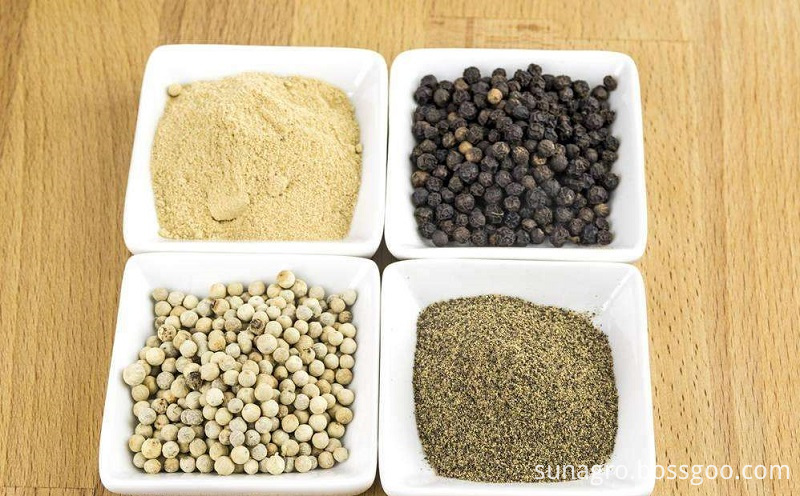Cold waves come frequently, and vegetables in sheds are often harmed by low temperature. Dehumidification is the key to disease prevention. Low temperature can not only reduce the photosynthesis of leaves and the absorption capacity of roots, but also have a greater impact on flower bud differentiation and fruit development. Therefore, when the cold wave strikes, comprehensive preventive measures must be taken, and when disease prevention, dehumidification must be done.
First of all, be reasonable. The effect of air release on the temperature of the shed is very obvious. Many vegetable farmers tend to save trouble, usually one-time release, due to excessive and rapid release, the humidity in the shed changes drastically. In winter, the temperature is low in the morning and evening, and the temperature difference between day and night is large. At night, dew is often formed on the surface of vegetable leaves and fruits. If the air is released too early or one time is too large, the dry and cold air from the outside enters the shed and directly hits the vegetable plants, which will cause the temperature and humidity of the fruit surface to change drastically, and the peel will be seriously damaged. Generally speaking, the grass thatch is pulled for about an hour in the morning. When the temperature in the shed rises, first open a gap of about 5 cm, ventilate it, keep it for 15-20 minutes, and then close it. When the shed temperature rises to 28°C, Then gradually open the air vents to adjust the temperature of the shed.
Secondly, water scientifically and increase the temperature appropriately. When the surface temperature is higher than the air temperature by 2℃~5℃, it is most suitable for plant growth. Try not to make the ground temperature too low. When watering in winter, the water temperature is very low. It will further dissipate heat when passing through the water belt outside the shed. The lowest temperature can even When the temperature drops to 4℃~6℃, it is easy to cause the ground temperature to be too low and damage the roots. Once the capillary roots that absorb nutrients are damaged, many physiological diseases such as yellow leaves and falling flowers are prone to appear. It is recommended that vegetable farmers pay more attention when watering, avoid waterlogging caused by excessive watering at one time, and do not water before the cold wave.
Then apply warm fertilizer. In the case of continuous low temperature, the most terrible thing is the reduction of ground temperature. It can be used to flush decomposed pig manure, humic acid, etc., or to flush fermented microbial fertilizer when organic matter is sufficient, which can delay the decrease of low temperature to a certain extent . At the same time, we often say that laying crushed straws, rice husks, etc. in the operation line, or setting up a straw reactor in the planting line, will also greatly help increase the ground temperature.
Disclaimer: Some articles on this website are transferred from the Internet. If the legal rights of a third party are involved, please inform this website for processing. phone
Classification of kitchen condiments;Jining hongshan trading co., LTD. Is one of the companies specialized in processing and exporting agricultural products and spices.We have modern and spacious warehouse, which ensures the safe storage of a large number of products, so we can supply all year round. The kitchen seasoning includes Sichuan Pepper, cinnamon and Dried Fennel, which are commonly used seasoning, and are indispensable for cooking fish stew and marinating food.Reasonable price, timely delivery and flexible payment.

Kitchen Condiment,Acrylic Kitchen Condiment,Pepper Sauce,Cinnamon Powder
Jining Sunagro Trade Co., Ltd. , https://www.sunagro-food.com